REVEALED: The cancer-causing chemicals lurking in US Christmas stocking stuffers this year which are BANNED in the UK
An analysis by DailyMail.com has found that some of Americans' favorite Christmas stocking stuffers contain harmful ingredients that are banned in Britain.
European and British laws governing the permitted ingredients in products and foods are stricter, banning several toxic additives that have been linked to cancer and infertility.
DailyMail.com picked five popular gifts that millions of Americans will open this year and analyzed the ingredients in the same products (or similar equivalents) that Brits might unwrap on December 25.
Lip Gloss
A relatively inexpensive cosmetic that can be tucked into the stocking of any trendy beauty addict, lip gloss is the finishing touch on a made-up face. However, the rising cover girl must be on the lookout for a dangerous ingredient she might unknowingly swipe across her lips: titanium dioxide.
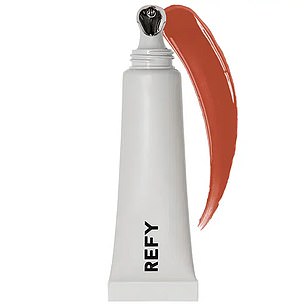
Some American lip glosses contain a harmful ingredient that British products do not: titanium dioxide
A lip gloss product available at a popular beauty store in the US is said to contain titanium dioxide, but it is not on the ingredients list of the same product sold in Britain.
The ingredient is banned from use in foods in the EU and Britain – but it is still allowed in US foods – and is allowed for use in cosmetic products.
Titanium dioxide is a fine white powder or substance used in paper, ceramics, paint, ink and cosmetics. It is also found in candies such as Skittles and Starbursts.
Despite its ubiquitous use, the International Agency for Cancer labels titanium dioxide a carcinogen because studies in animals have shown an increased incidence of lung cancer due to inhalation.
Perfume
Those with style will say that no outfit is complete without a few spritzes of their signature scent. However, wearers should be careful: When you diffuse your favorite fragrance, you could be exposed to Lilial, also called butylphenylmethylpropional.
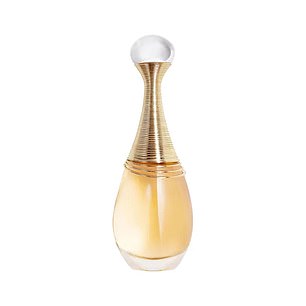
Popular perfumes in the US may contain lilial, a compound linked to endocrine disruption, allergies and skin irritation
Lilial is a chemical compound used as a perfume in cosmetic and laundry products.
A luxury perfume available from a global beauty supplier lists the ingredient in the US product, but it is noticeably missing from the UK version.
The substance has been linked to organ system toxicity, endocrine disruption, allergies and skin irritation.
The European Commission of the European Union has classified lilial as reprotoxic, a chemical that adversely affects fertility and fetal development and may cause harm to a fetus during pregnancy.
The committee stated that lilial “cannot be considered safe.”
Although the substance is found in perfumes in the US, Lilial is not allowed to be used in Britain.
Bronzing mist
If you're taking advantage of the holidays for a vacation to a tropical island and don't want to arrive looking spooky, you can use popular tanning products to get a tan before you get through the break.
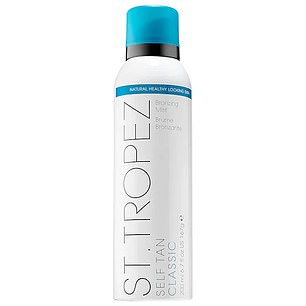
While spraying on a fake tan, you may come into contact with propylparaben, a substance from the paraban family
While you're spraying on that fake sun-kissed glow, you (and others) could come into contact with propylparaben.
Propylparaben is a substance from the paraben family. It is used as a preservative by the food, pharmaceutical and cosmetic industries.
Companies use parabens in products that can break down to prevent and reduce the growth of harmful bacteria and fungi, extending the life of a product.
However, the chemicals can mimic the female hormone estrogen, which can disrupt the body's natural biological processes.
Studies have shown that repeated exposure to parabens can negatively impact the endocrine processes associated with breast cancer.
Parabens are banned in the UK and EU, but are still allowed for use in products in the US.
Holiday candy
For those who would rather eat their presents than wear them, there's plenty of Christmas-themed candy to fill their stockings. A fun variant that is popular among children is the traditional Bag of Reindeer Farts.
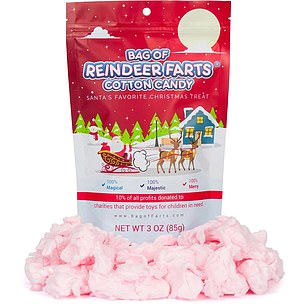
'Santa's Favorite Christmas Pacifier' contains Red 40, a harmful food additive
While it's fun to eat “Santa's favorite Christmas pacifier,” the little bites of pink cotton candy contain several artificial colorings that have been linked to several serious health problems.
Red 40 is listed as one of the candy's ingredients.
While the additive can make the candy eye-catching and tasty, it can also make it harmful to your health.
A recent study in mice linked Red 40 to immune disorders and inflammatory bowel disease and was found to be contaminated with benzidine and other carcinogens.
Additionally, the food coloring has been linked to hypersensitivity reactions, with studies showing that consumption of artificial food coloring causes a statistically significant increase in ADHD symptoms in children.
The food additive is banned in the EU and UK, but is still allowed in the US.
Christmas marshmallows
Another stocking stuffer for loved ones with a sweet tooth, the classic Christmas Peep.
These classic marshmallow candies come in all shapes, sizes, themes and colors for just about any holiday and contain the food coloring Yellow 5.
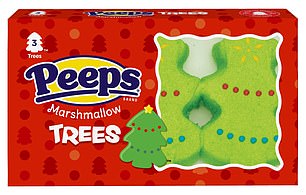
These classic marshmallow candies contain the food coloring Yellow 5, which can trigger ADHD symptoms in children
Like Red 40, Yellow 5 has been found to be contaminated with benzidine and other carcinogens. It has also been linked to ADHD symptoms in children.
Research has shown that exposure to Yellow 5 causes damage to human white blood cells and has been linked to asthma symptoms and skin irritation.
The food additive is banned in the EU and UK, but is still allowed in the US.
In October, Peeps maker, Pennsylvania-based Just Born, became the first company to announce changes to its ingredient list after California passed a law banning several potentially cancer-causing ingredients, including a food coloring additive.
Just Born announced that it would no longer use Red 3 in its products. However, it has made no announcement about other dyes, including Yellow 5, used in its treats.
